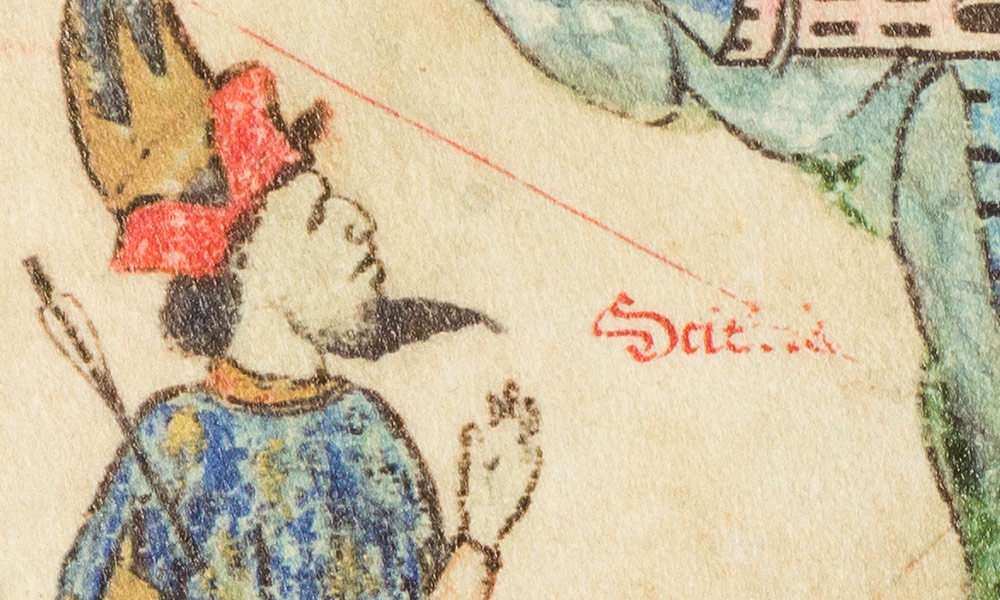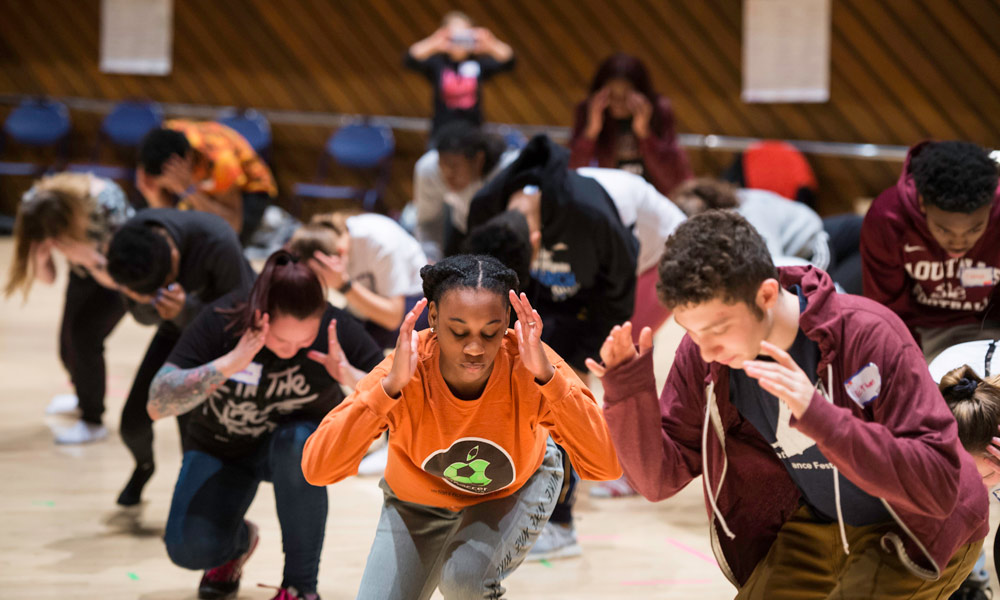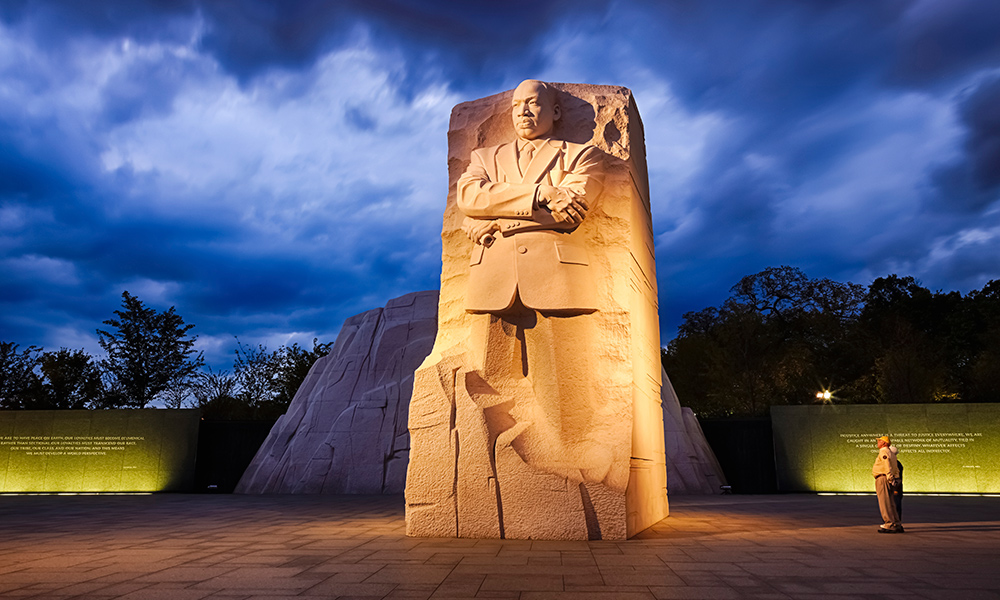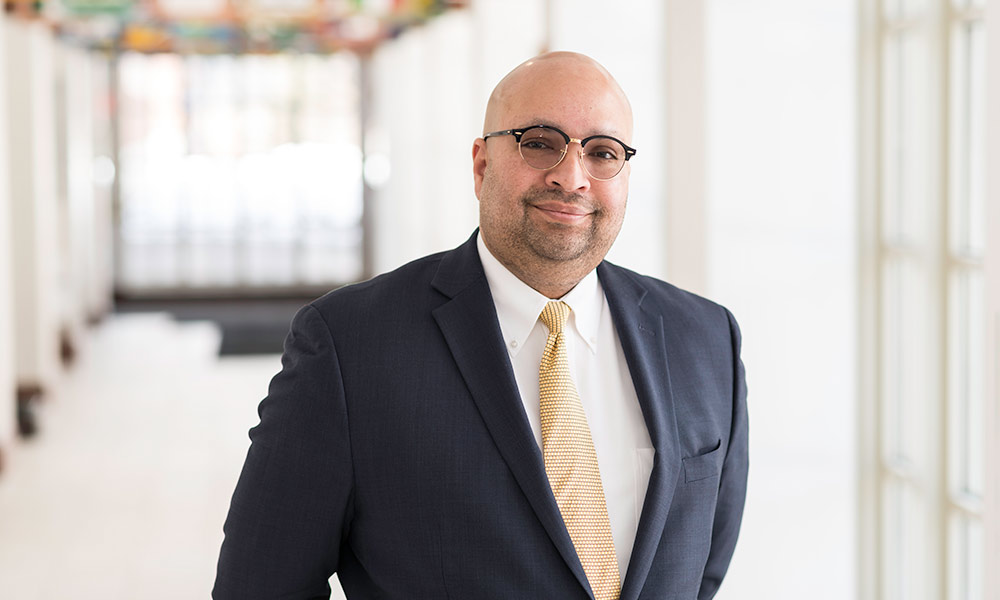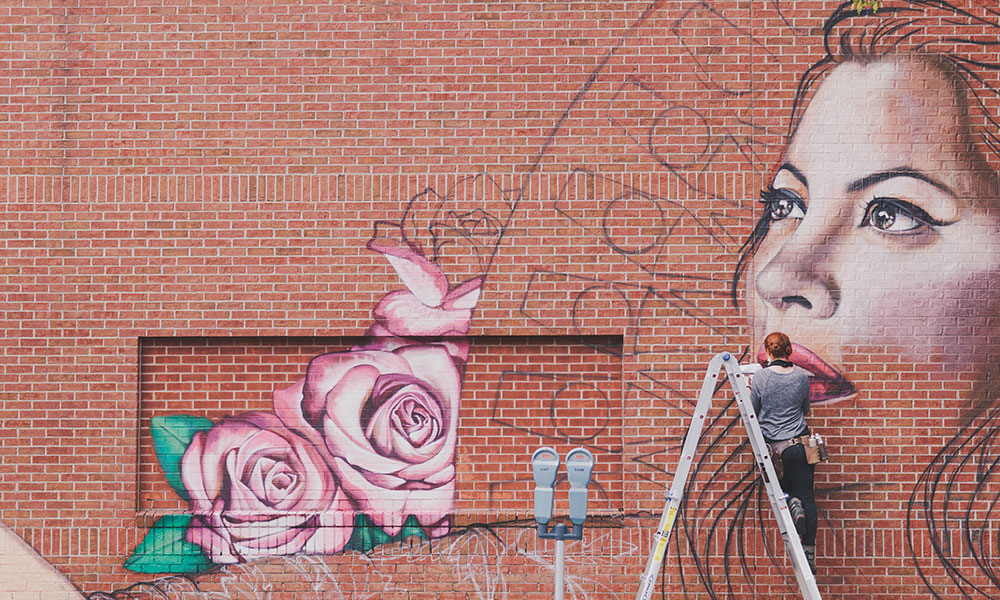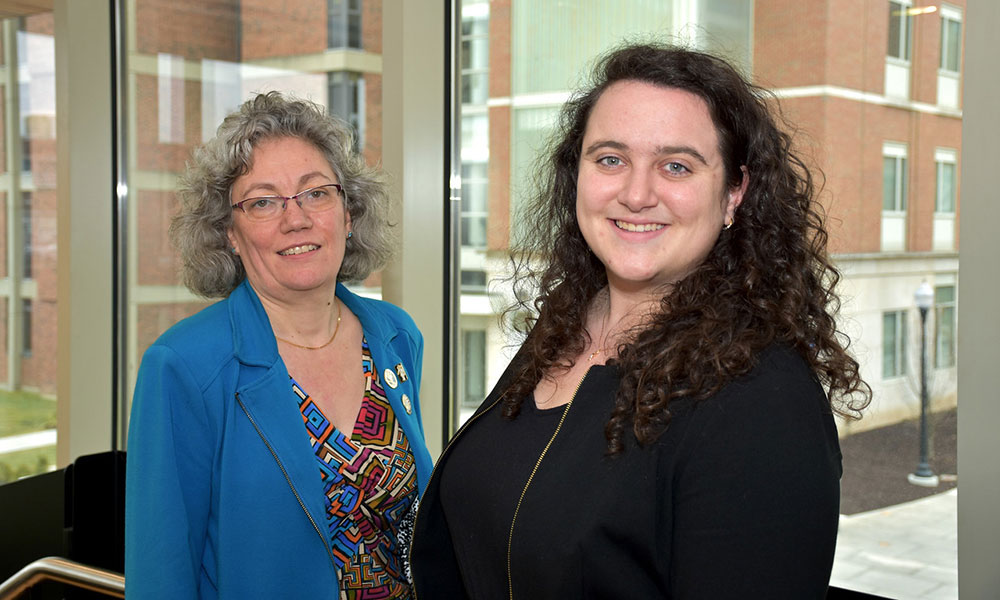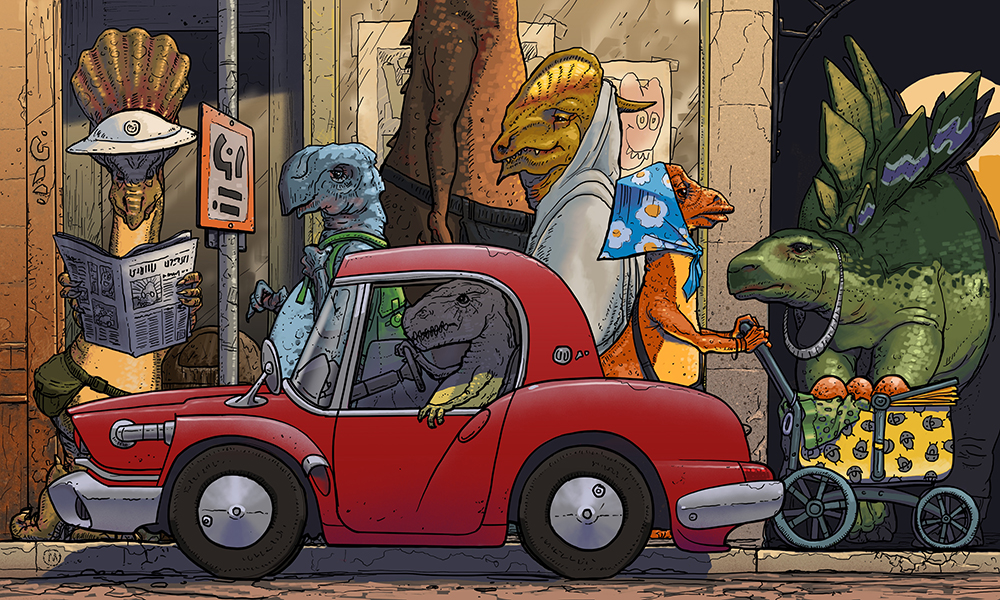
Science & Technology
We think we’re the first advanced earthlings—but how do we really know?
April 16, 2018
Imagine if, many millions of years ago, dinosaurs drove cars through cities of mile-high buildings. A preposterous idea, right? In a compelling thought experiment, professor of physics and astronomy Adam Frank and director of the NASA Goddard Institute for Space Studies Gavin Schmidt wonder how we would truly know if there were a past civilization so advanced that it left little or no trace of its impact on the planet.

